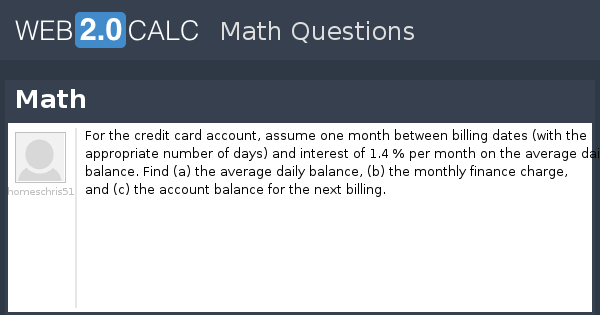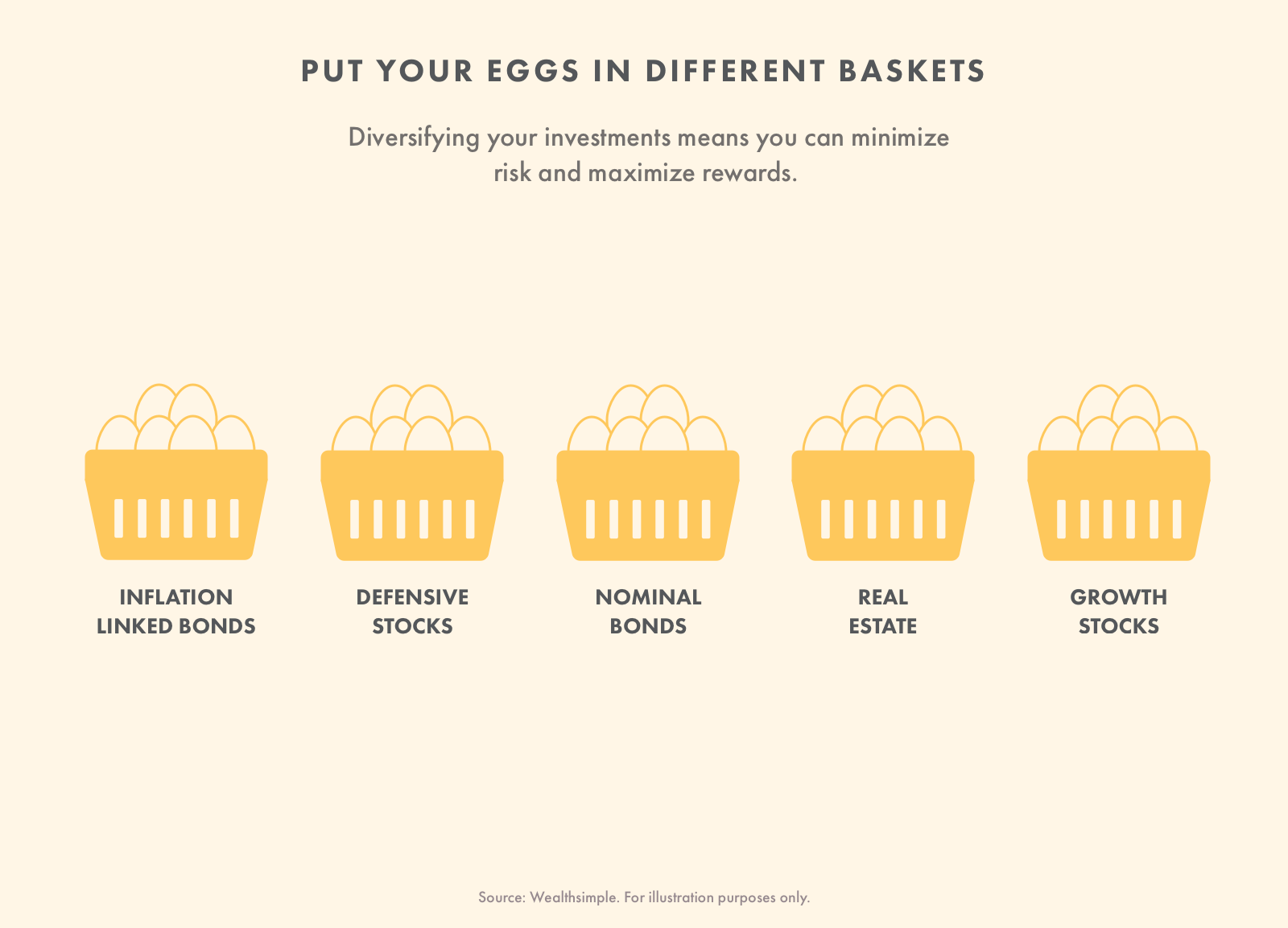Table of ContentsAll about What Is A Derivative Market In Finance6 Simple Techniques For What Determines A Derivative FinanceGetting The What Is Derivative In Finance To WorkThe Ultimate Guide To What Do You Learn In A Finance Derivative ClassSome Known Factual Statements About What Is A Derivative In.com Finance
Tabulation Derivatives are instruments to manage monetary dangers. Since risk is an intrinsic part of any financial investment, financial markets devised derivatives as their own version of managing monetary danger. Derivatives are structured as contracts and obtain their returns from other financial instruments. If the marketplace consisted of only basic financial investments like stocks and bonds, handling danger would be as easy as changing the portfolio allowance among risky stocks and safe bonds.
Derivatives are among the methods to guarantee your financial investments against market fluctuations. A derivative is specified as a financial instrument created to earn a market return based upon the returns of another underlying property. It is aptly named after its mechanism; as its benefit is derived from some other monetary instrument.

It might be as simple as one celebration paying some cash to the other and in return, receiving protection versus future financial losses. There also could be a circumstance where no money payment is included in advance. In such cases, both the celebrations concur to do something for each other at a later date.
Every derivative starts on a certain date and ends on a later date. Typically, the reward from a particular derivative contract is calculated and/or is made on the termination date, although this can differ in some cases. As specified in the definition, the performance of a derivative depends on the hidden possession's efficiency.
This asset is sold a market where both the purchasers and the sellers mutually choose its price, and after that the seller delivers the underlying to the buyer and is paid in return. Area or cash rate is the rate of the underlying if bought right away. Acquired agreements can be distinguished into numerous types.
These contracts have basic features and terms, without any modification allowed and are backed by a clearinghouse. Nonprescription (OTC) contracts are those transactions that are created by both purchasers and sellers anywhere else. Such contracts are unregulated and may carry the default danger for the agreement owner. Generally, the derivatives are categorized into 2 broad categories: Forward Dedications Contingent Claims Forward dedications are contracts in which the parties assure to perform the transaction at a specific later date at a cost concurred upon in the start.
The 10-Minute Rule for What Is The Purpose Of A Derivative In Finance
The underlying can either be a physical possession or a stock. The loss or gain of a specific party is figured out by the price movement of the possession. If the cost increases, the buyer incurs a gain as he still gets to purchase the possession at the older and lower rate.
For an in-depth understanding, you can read our unique post on Swap can be defined as a series of forward derivatives. It is essentially an agreement between two parties where they exchange a series of cash flows in the future. One celebration will consent to pay the drifting interest rate on a principal amount while the other party will pay a fixed rates of interest on the exact same amount in return.
Exchange traded forward dedications are called futures. A future contract is another variation of a forward contract, which is exchange-traded and standardized. Unlike forward agreements, future contracts are actively sold the secondary market, have the support of the clearinghouse, follow policies and involve an everyday settlement cycle of gains and losses. There are even derivatives based on other derivatives. The reason for this is that derivatives are great at fulfilling the requirements of various businesses and individuals worldwide. Futures contracts: This is an arrangement made in between two celebrations (a purchaser and seller) that a commodity or financial instrument will be purchased or sold at a fixed rate on an agreed future date.

These contracts are widely available for dozens of stock market indices and almost every product that is commercially produced including commercial and hilton timeshare las vegas valuable metals, seeds, grains, livestock, oil and gas and even carbon credits. Forward contracts: These are very similar to futures agreements however with some crucial distinctions. A forward contract is tailor-made between 2 celebrations and is an arrangement to buy or offer a property or commodity at an offered cost on a provided date (what is a derivative finance baby terms).
Choice agreements: An option contract gives the contract owner (the buyer) the right to buy or offer a pre-determined amount of an underlying possession. The secret here is that the owner deserves to buy, not the responsibility. They have grown rapidly in appeal in current years and options exist for a wide variety of underlying possessions.
With a call alternative, the owner has the right to purchase the hidden possession. With a put alternative, the owner can offer it. Swaps: While not technically derivatives, swaps are typically considered as Find out more such. A swap is a contract where 2 parties literally exchange, or swap, a financial instrument's cash circulation for a limited amount of time.
The Ultimate Guide To What Is A Derivative Finance Baby Terms
Unlike futures and options contracts, swaps are traded over-the-counter between the celebrations included and the swaps market is dominated by financial institutions and corporations with few personal individuals getting involved. Credit derivatives: This describes among numerous monetary instruments and techniques utilized to separate and transfer credit danger. https://canvas.instructure.com/eportfolios/122814/lukasuvie691/Not_known_Incorrect_Statements_About_What_Is_A_Derivative_In_Finance The threat in question is typically that of a default by business or private debtors.
Although there are numerous kinds of credit derivative, they can be broadly divided into 2 categories: financed credit derivatives and unfunded credit derivatives. An unfunded credit derivative is a bilateral agreement in between 2 parties and each celebration is accountable for completing its payments. A funded credit derivative is where the protection seller (the party who is presuming the credit threat) makes a payment that is later utilized to settle any credit occasions that may occur.
When it comes to a negative difference taking place, the seller is paid by the purchaser. Hedging or mitigating danger. This is commonly done to guarantee or protect versus the danger of a hidden asset. For instance, those desiring to protect themselves in case of their stock's cost toppling might purchase a put choice.
To supply leverage. A small movement in the cost of an underlying possession can create a large distinction in a derivative's worth. Alternatives contracts in particular are specifically valuable in an unstable marketplace. When the hidden possession's rate relocations substantially in a more beneficial instructions then the choice's value is amplified.
This is a strategy whereby financiers literally hypothesize on a property's future price. This is connected in with utilize because when financiers have the ability to utilize utilize on their position (as a result of alternatives agreements), they are likewise able to make big speculative plays at a relatively low expense.
Although they can allow investors to make large amounts of cash from small cost movements in the underlying asset, there is also the possibility that big losses could be made if the price moves considerably in the other direction. what finance derivative. There have been some high-profile examples of this in the past including AIG, Barings Bank, Socit Gnrale and others.
10 Simple Techniques For In Finance What Is A Derivative
This is danger that develops from the other celebration in financial deals. Various derivatives have various levels of counterparty danger and some of the standardised variations are needed by law to have an amount deposited with the exchange in order to spend for any losses. Large notional value. Well known American investor Warren Buffett as soon as described derivatives as 'financial weapons of mass damage' since of the danger that their use might develop huge losses for which investors would be unable to compensate.
Derivatives have actually likewise been criticised for their complexity. The numerous acquired methods are so complex that they can just be implemented by specialists making them a difficult tool for layman to make use of. MoneyWeek has an excellent investment tutorial on derivates and how you can utilize them to your advantage. See it here.
Undoubtedly, if you were paying attention in those dark days when the worst economic crisis because the Great Anxiety was wreaking havoc on the citizens of the world, you made certain to read and hear this mysterious word repeated over and over. It seemed that this exceedingly complicated financial concept had almost solitarily destroyed the worldwide economy.
More properly, what makes derivatives unique is that they derive their worth from something understood as an "underlying." The term "underlying" ended up being a sort of shorthand to describe the kinds of financial properties that offered the financial worth upon which financial derivatives are based. These underlying financial possessions can take many forms: everything from stocks, bonds, and products to things as abstract as interest rates, market indexes, and international currencies - what is derivative finance.
This, in a sense, is what makes them so controversial and, as we gained from the financial crisis of 2008, so volatile. While the purposes of trading derivatives are many and naturally complex, there are some basic ideas at play in most circumstances of acquired trading. The main factor financier trade in derivatives is to hedge their bets versus numerous economic and financial threats.
The risks that these investors are attempting to avoid by employing these clever financial instruments include things like rates of interest shifts, currency values, and credit scores. Through intricate monetary systems, derivatives are frequently utilized to leverage properties. This suggests that even slight shifts in the worth of the hidden possession can potentially result in massive modifications in worth for the derivative.
The smart Trick of In Finance What Is A Derivative That Nobody is Discussing
Another advantage to purchasing certain kinds of derivatives is that they can possibly offer the financier with a constant stream of earnings, income on which the investor might not be required to pay the capital gains tax. Some may call it gambling, however the concept of speculation with regard to derivatives is that the financier speculates upon which instructions the value of the hidden possession will go.
If he is inaccurate in his speculation, he still keeps the hidden worth of the property. There are two fundamental "umbrella" terms that encompass all of the other variations of derivatives. These two broad categories are defined by the methods in which they are sold the market. These categories are non-prescription (or, OTC) derivatives and exchange-traded derivatives.
, a practice that makes the trading process more fluid and the assets more liquid (pun intended). The trading procedure of derivatives through these clearinghouses is complex certainly, and definitely out of the realm of this article. Suffice it to state that the exchanges are made anonymously through the clearinghouse, which ends up being a counterparty to all contracts.
As if exchange-traded acquired markets weren't confusing enough, over the counter acquired markets take this complexity to a brand-new level. The fundamental concept is that the trades are negotiated and carried out privately between parties according to their specific risk preferences. However there's more to it than that: these private trades go through trade dealerships, who then trade among each other.